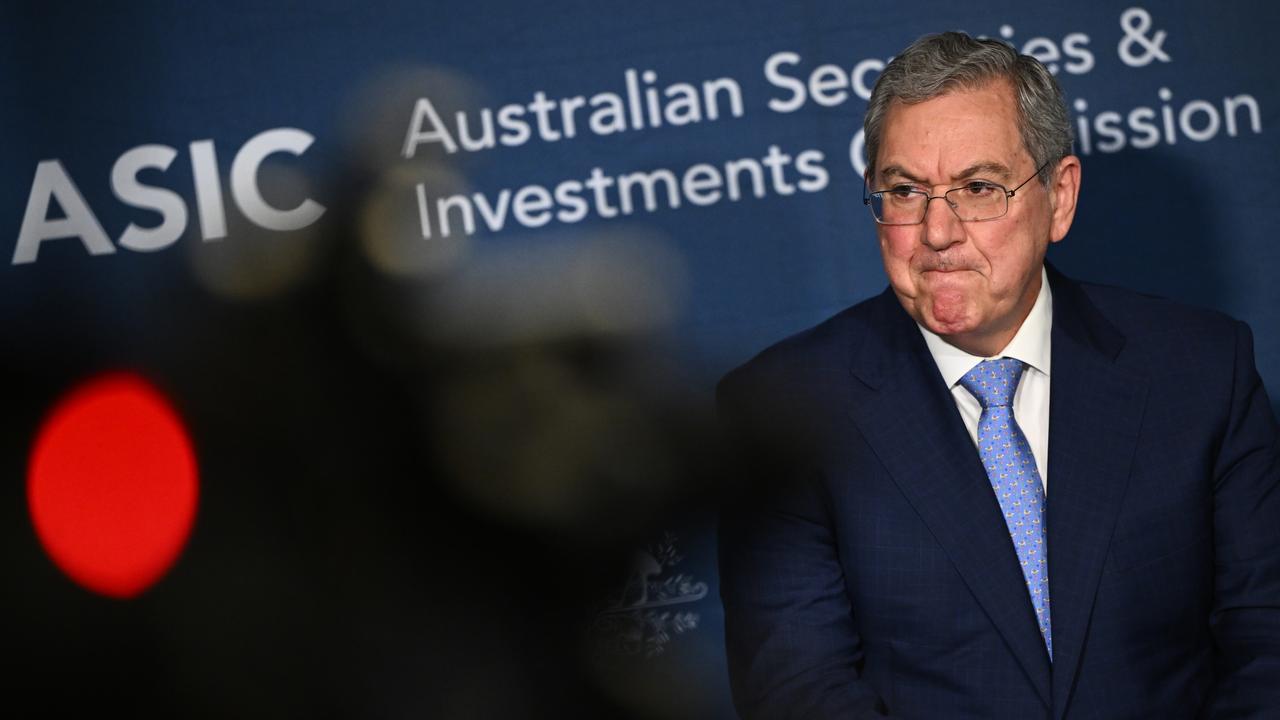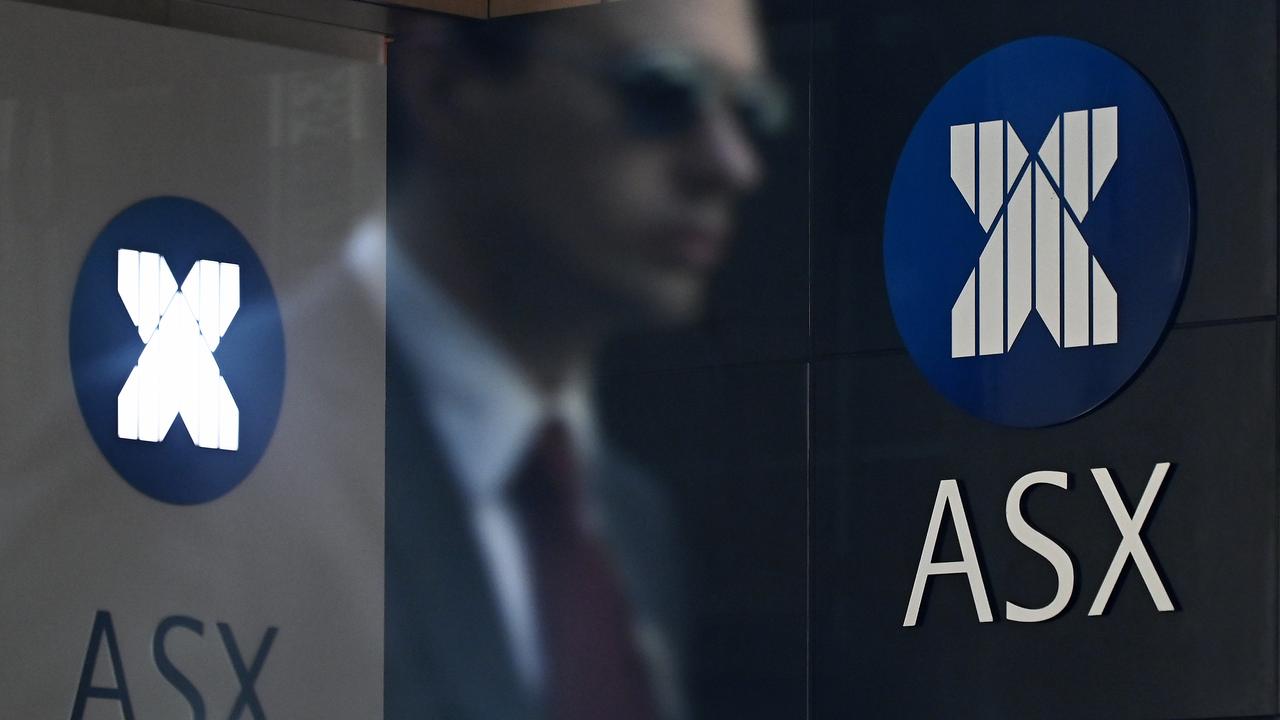Success has come at a cost for one of Australia’s financial heavyweights, which is firmly in the sights of the corporate watchdog over “hubris and complacency”.
The Australian Securities and Investments Commission is taking investment banking behemoth Macquarie to court in the latest of a string of alleged compliance failures.
Known as the “millionaires’ factory”, Macquarie has become one of Australia’s most successful financial players, reporting a $3.7 billion profit for 2024/2025.
This time, ASIC alleges Macquarie Securities – Macquarie Group’s brokering division – failed to report up to 1.5 billion short sales over a 14-year period, putting at risk the nation’s financial stability.

The commission is seeking potentially hundreds of millions of dollars in penalties from Macquarie Securities in the NSW Supreme Court as well as an independent review of its reporting systems to ensure it complies with the law.
The extent of the compliance action is “unprecedented”, says ASIC chair Joe Longo.
His patience is running out.
“One of the reasons we’ve taken these proceedings is because the previous assurances over this topic haven’t been followed through,” Mr Longo told AAP.
“What I would suggest has happened, so far as their risk management and compliance culture is concerned, is a hubris has crept in.”
He believes Macquarie’s strong market position has bred complacency.
“As a group, they’ve simply not invested in a sustainable way in their systems and processes and technology to ensure the standards of compliance they should be meeting,” he said.

Macquarie Securities’ reporting systems were so inadequate it was difficult for ASIC to determine how many short sales it failed to report between December 2009 and February 2024.
Its best estimate was between 298 million and 1.5 billion transactions.
Short sales refer to selling stock or other securities an entity does not own in the hope of buying at a lower price later on – essentially a bet the product will decline in value.
The method was used by traders to bet against the financial instruments causing the housing bubble that sparked the 2008 global financial crisis, as popularised in the Hollywood film The Big Short.
Reports of short selling can warn regulators of potential market risks before they occur.
Macquarie Securities’ failure to do so made it harder for ASIC to monitor market stability and had the potential to mislead investors, Mr Longo said.
It’s not the first time Macquarie Securities has been put on notice for misreporting short selling and marks the fourth time ASIC has taken regulatory action against Macquarie Group in just over 12 months.

Earlier in May, ASIC imposed licence conditions on Macquarie Bank for misreporting hundreds of thousands of over-the-counter derivatives trades as well as failing to prevent and detect suspicious trading activity in its futures dealing business.
ASIC has increased its supervision of Macquarie over the past year and Mr Longo says it’s up to the board and senior management – including former Reserve Bank governor Glenn Stevens and CEO Shemara Wikramanayake – to seriously invest in its technology processes.
“Our confidence has been undermined through all these failures,” Mr Longo said.
Macquarie said the group’s brokering division first identified issues with its reporting of short sales and self-reported this to ASIC in late 2022.
“The reporting issues identified in the proceedings have been remediated with additional controls implemented,” Macquarie said in a statement.
“Macquarie takes its compliance obligations very seriously and continues to invest in programs to further improve systems and controls across the group.”
Australian Associated Press is the beating heart of Australian news. AAP is Australia’s only independent national newswire and has been delivering accurate, reliable and fast news content to the media industry, government and corporate sector for 85 years. We keep Australia informed.





